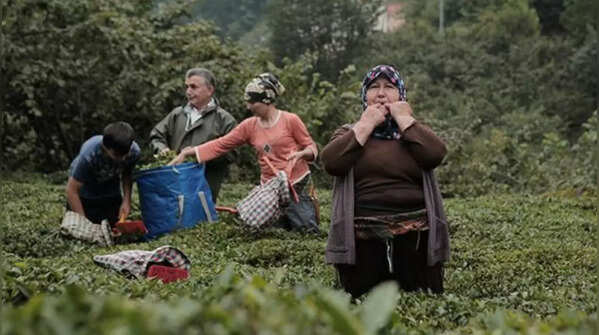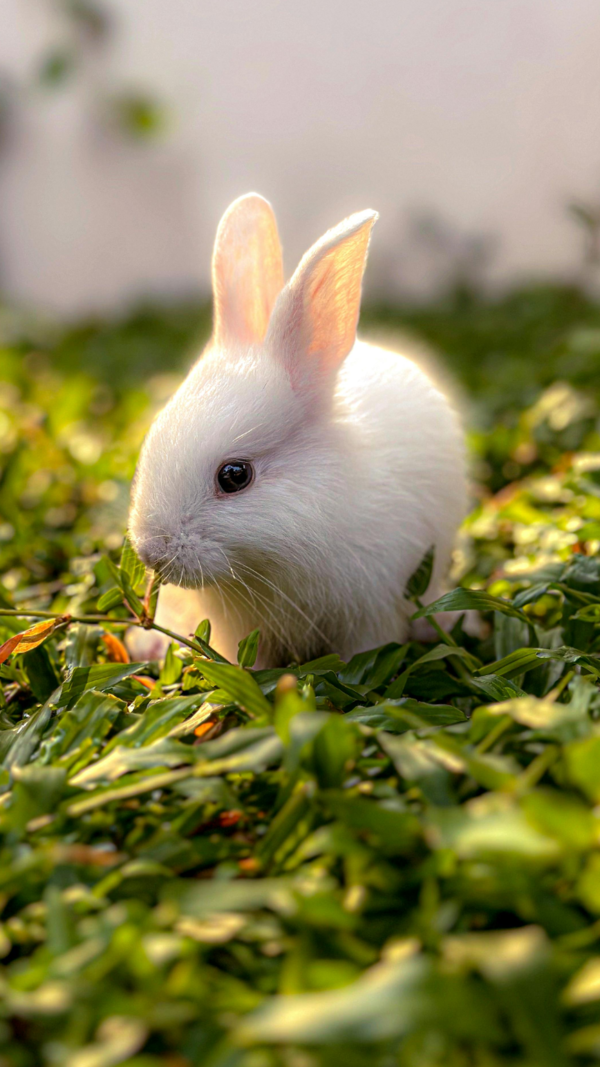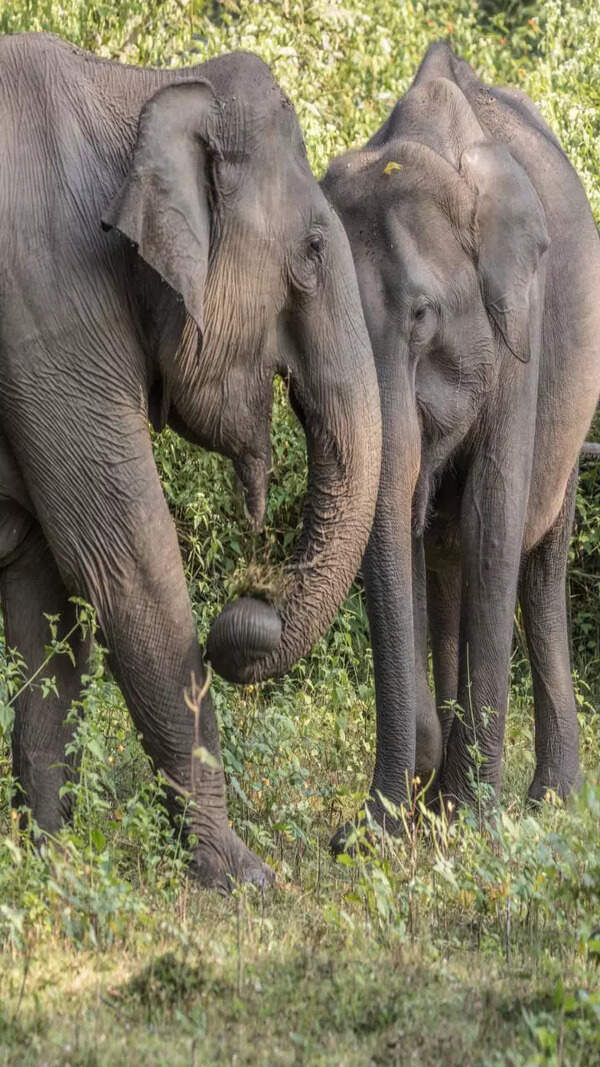The dying birdsong and chirpy language which is spoken by the people of only one village in the world

The dying birdsong and chirpy language which is spoken by the people of only one village in the world
Today where the world is constantly connected by buzzing phones and digital messages, and all our lives are surrounded with technology more than human or animal touch , there are still places where communication takes on a far more real form following age-old human practices, what humans historically used to communicate with animals.
A place in the hills of northern Turkey, the people of Kuşköy don’t just speak, they actually whistle like birds. Known locally as kuş dili or “bird language,” this extraordinary form of communication imitates birdsong and echoes across the rugged mountain terrain.
The language was also prevalent across the Black Sea region and was used by villagers to send messages from one hillside to another, often covering great distances without the need for physical travel. But today it survives only in one village.

A language carried by the wind
In Kuşköy, language takes flight as residents use high-pitched whistles formed with their lips, tongue, cheeks, and teeth to communicate across vast distances. These sounds, often mistaken for birdsong by outsiders, are actually full sentences conveying everyday messages. From calling a friend to inviting someone to harvest hazelnuts, bird language is expressive and efficient. It evolved as a practical solution for life in steep, isolated terrain, where normal speech couldn't travel and climbing from house to house was difficult and time-consuming.

This practice is based on community life
For generations, bird language has been passed down from grandparent to parent, and from parent to child. It once was found in neighboring provinces like Trabzon, Artvin, Ordu, Bayburt, and Rize, where similar geography called for creative communication. Shepherds, farmers, and families all used it daily. But as roads improved and technology advanced, the need for this vocal practice declined. Now, Kuşköy remains the last village where kuş dili is still actively spoken, though increasingly only by older residents.

A Language on the brink of extinction
As mobile phones and instant messaging have become commonplace, the bird language has struggled to survive. Younger generations find little use for it in modern life, and many don’t see a reason to learn. A recent study showed that “young women barely use the language, and young men learn it more as a point of pride than for any practical purpose.” The result is a rapid decline in fluency and interest. Without new speakers, this unique bird song could disappear within just a few decades.

This is a language of cultural heritage by UNESCO
In a major step toward preservation, UNESCO recently added the bird language of Kuşköy to its List of Intangible Cultural Heritage in Need of Urgent Safeguarding. The recognition has brought pride and hope to the community. “With joy, as a dream come true,” said the head of the local Bird Language Cultural Association, describing the village's response. The hope is that this global attention and recognition will encourage younger villagers and outsiders alike to take an interest in preserving the language, and lead to revival efforts through education and tourism.

The language also has a festival
Every year, Kuşköy hosts the Bird Language Festival, where villagers gather to celebrate and show their whistling capabilities. It’s a celebration of unity, pride, and cultural resilience. The festival includes performances, contests, and workshops, drawing attention to a practice that might fade quietly. Whether they continue into the future will depend on how the next generation chooses to carry forward this special vocal legacy.








